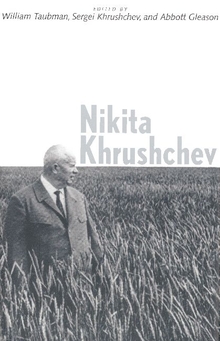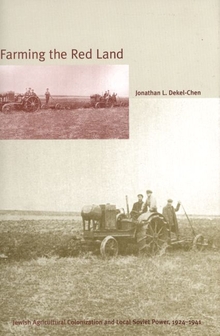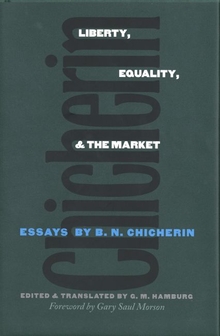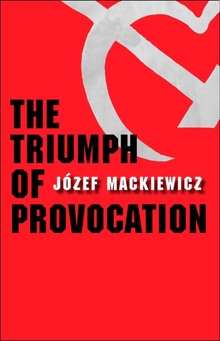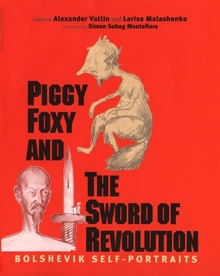Nikita Khrushchev
WARNING
You are viewing an older version of the Yalebooks website. Please visit out new website with more updated information and a better user experience: https://www.yalebooks.com
Edited by William Taubman, Sergei Khrushchev, and Abbott Gleason; Translated by David Gehrenbeck, Eileen Kane, and Alla Bashenko
What was known about Soviet premier Nikita Khrushchev during his career was strictly limited by the secretive Soviet government. Little more information was available after he was ousted and became a “non-person” in the ussr in 1964. This pathbreaking book draws for the first time on a wealth of newly released materials—documents from secret former Soviet archives, memoirs of long-silent witnesses, the full memoirs of the premier himself—to assemble the best-informed analysis of the Khrushchev years ever completed. The contributors to this volume include Russian, Ukrainian, American, and British scholars; a former key foreign policy aide to Khrushchev; the executive secretary of a Russian commission investigating Soviet-era repressions and rehabilitations; and Khrushchev’s own son Sergei.
The book presents and interprets new information on Khrushchev’s struggle for power, public attitudes toward him, his role in agricultural reform and cultural politics, and such foreign policy issues as East-West relations, nuclear strategy, and relations with Germany. It also chronicles Khrushchev’s years in Ukraine where he grew up and began his political career, serving as Communist party boss from 1938 to 1949, and his role in mass repressions of the 1930s and in destalinization in the 1950s and 1960s. Two concluding chapters compare the regimes of Khrushchev and Gorbachev as they struggled to reform Communism, to humanize and modernize the Soviet system, and to answer the haunting question that persists today: Is Russia itself reformable?
The book presents and interprets new information on Khrushchev’s struggle for power, public attitudes toward him, his role in agricultural reform and cultural politics, and such foreign policy issues as East-West relations, nuclear strategy, and relations with Germany. It also chronicles Khrushchev’s years in Ukraine where he grew up and began his political career, serving as Communist party boss from 1938 to 1949, and his role in mass repressions of the 1930s and in destalinization in the 1950s and 1960s. Two concluding chapters compare the regimes of Khrushchev and Gorbachev as they struggled to reform Communism, to humanize and modernize the Soviet system, and to answer the haunting question that persists today: Is Russia itself reformable?
William Taubman is Bertrand Snell Professor of Political Science at Amherst College. Sergei Khrushchev, son of Nikita Khrushchev, is senior fellow at the Thomas J. Watson Jr. Institute for International Studies at Brown University. Abbott Gleason is Keeney Professor of History at Brown University.
“This book is a gem for Khruschev watchers.”—Martin McCauley, American Historical Review
“[This book] makes excellent use of the new documentary sources and is a welcome addition to the historical literature on Khrushchev. . . . This is an excellent collection. . . . The essays are uniformly well written, insightful, and persuasive.”—Cal Clarke, Perspectives on Political Science
“There is no way that a brief review can do justice to this fine, informative, provocative volume. It must be carefully read and reread to extract all the thoughts and insights that crowd its pages. . . . [It] provides future scholars with a wealth of thoughtful insights and a superbly rich range of archival and bibliographical sources from which to begin further studies into Khrushchev’s policies, achievements, and errors.”—Theodore H. Friedgut, Slavic Review
ISBN: 9780300076356
Publication Date: April 10, 2000
Publication Date: April 10, 2000
400 pages, 6 1/8 x 9 1/4

